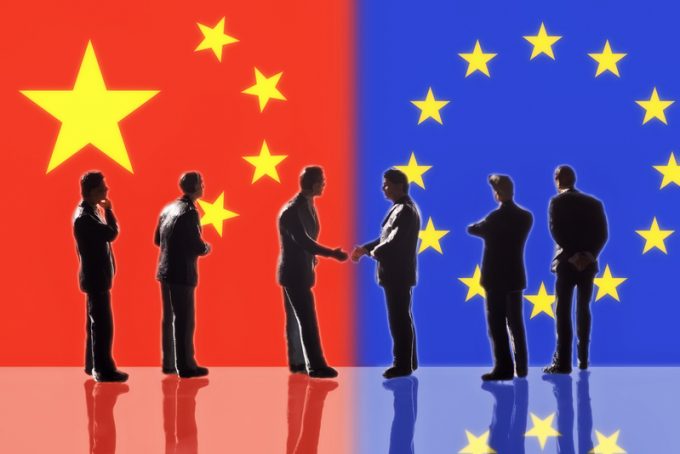Sudden spike belies 'boring' transatlantic airfreight market
On the face of it, transatlantic air trade between Europe and North America has been ...

Europe needs a simple, unified message when it comes to competing with China.
Speakers at the Poland & CEE Co-building the Belt & Road conference said the extent of competition within Europe made it harder to challenge China.
“Take telecoms: China, and the US for that matter, ...


Comment on this article